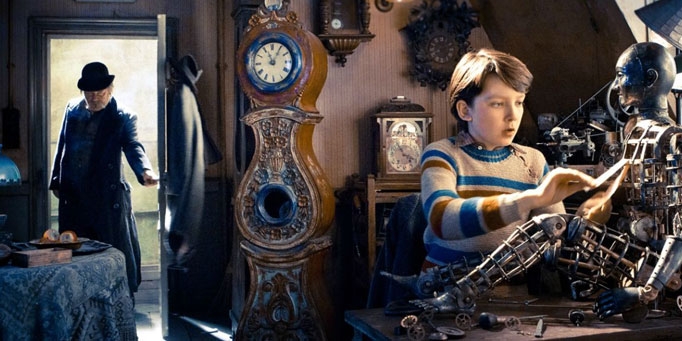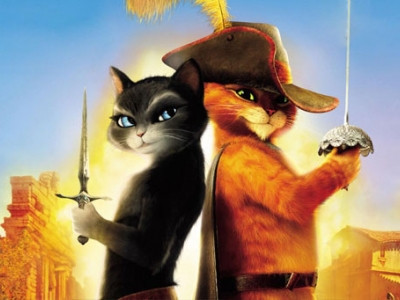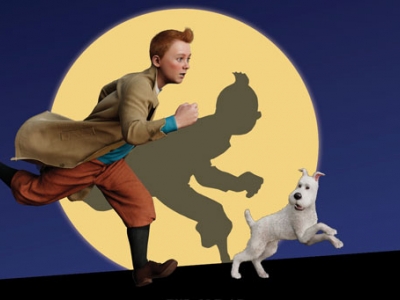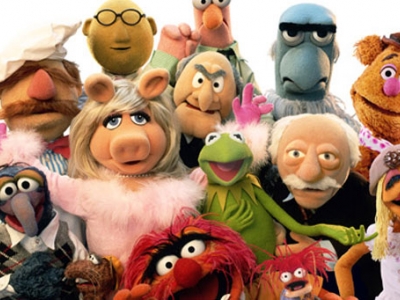
Hugo: Movie Review
Hugo is a dazzling film, but is it a good movie to take your kids to?
Introducing Hugo
The release of The Adventures of Tintin led me to comment that there must be a level of success that directors can rise to that stops distribution companies asking them what it is they plan to make, and leads them to simply send blank cheques. That might have been all well and good for Steven Spielberg and Peter Jackson, but executives really should have asked Martin Scorcese what he was thinking when it came to Hugo.
Hugo is based on the Brian Selznick novel of the same name that tells the story of a young boy living within the walls of a Paris train station during the 1930s. Since the death of his father, Hugo Cabret has looked after the station’s clocks under the supervision of his drunken uncle. When his uncle goes missing, Hugo is in danger of being arrested as a vagrant and sent to an orphanage. However, he is determined to solve the mystery of a wind-up robot his father was repairing and the key hanging around the neck of a young girl named Isabelle.
A movie for kids, teens, or adults?

I’m sure Hugo is supposed to be a tale as endearing as Oliver Twist or Tom Brown’s School Days and Scorcese certainly sets about creating that old world feel. It’s clear that the part of the story which centres on pioneering French filmmaker Georges Méliès was obviously the most interesting to the veteran director given the way he lavishes attention on it. Those parts of the film would also explain the swag of Golden Globe and Film Critics Association nominations for best cinematography, best direction etc. However the pace of the story and the adult themes of loss and meaningful occupation aren’t likely to connect with Hugo’s intended audience. I found myself wondering what sort of child would be likely to sit through its 126 minutes of gorgeous cityscapes and sensitive portrayals – without getting bored. Maybe 12-14 year old girls, who’d read the book, loved Paris … and cherished a love of 19th century film. Hmmmmm…
Finding purpose in your work
There is one valuable observation that the young Hugo makes, though, about how design and purpose relate to the human condition. Considering the broken automaton he and Isabelle are trying to repair, he decides that it’s just as important to understand what the robot is for as to have it working again. He then wonders if that is why her uncle George is so unhappy:
“Maybe that’s just like a person without a purpose – they’re broken.”
And there at least the film hit’s the nail on the head. Uncle George is miserable because though he labours diligently in his toy store, there is no purpose to his work. The films he made for decades are lost, and so no longer appreciated. Hugo reminds us that it’s not enough to have people healthy or even gainfully employed. We were designed to work with a purpose, and not just to get paid. It’s what gives our work its true value: the sense that it matters to more than ourselves.
Now the Bible suggests that to begin with we need to find satisfaction in what we do, and further that there is contentment to be had in providing for our families. But to know that our labour contributes to something bigger that will not only last, but will always receive recognition provides the ultimate peace. In a thousand years it’s hard to say how many people will still appreciate Georges Méliès’ films but Jesus says no job done to benefit the members of his Kingdom will ever be forgotten:
“I tell you the truth, anyone who gives you a cup of water in my name because you belong to Christ will certainly not lose his reward.” (Mark 9:41)
Taking your kids to Hugo
There’s certainly nothing offensive in Hugo. Even edgy comedian Sasha Baron Cohen, who appears as a French policeman, only goes as far as to suggest that he has a physical relationship with his wife – and there’s a good chance that joke will go over children’s heads. Hugo is certainly a better film for young girls than The Twilight Saga. Talking about it afterwards, parents could ask:
- What did Uncle George get out of his filmmaking?
- Which would you rather have – a job where you got paid a lot, or one where you thought your work was appreciated?
- What if there’s no-one watching? Is there still someone who appreciates your efforts?
For more articles from Growing Faith, subscribe to our monthly e-newsletter.
To hear about the latest books and resources from Youthworks Media, subscribe here.








